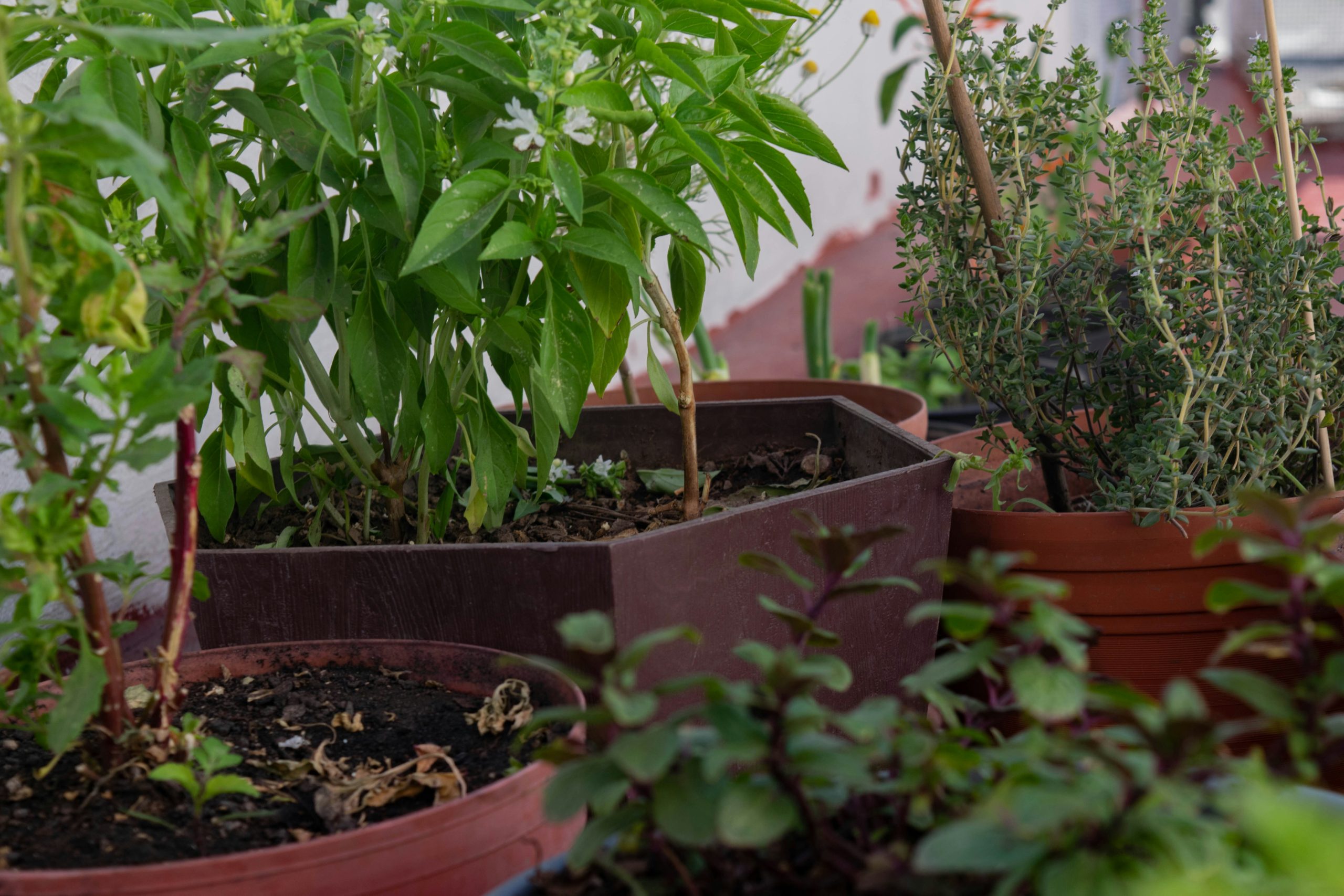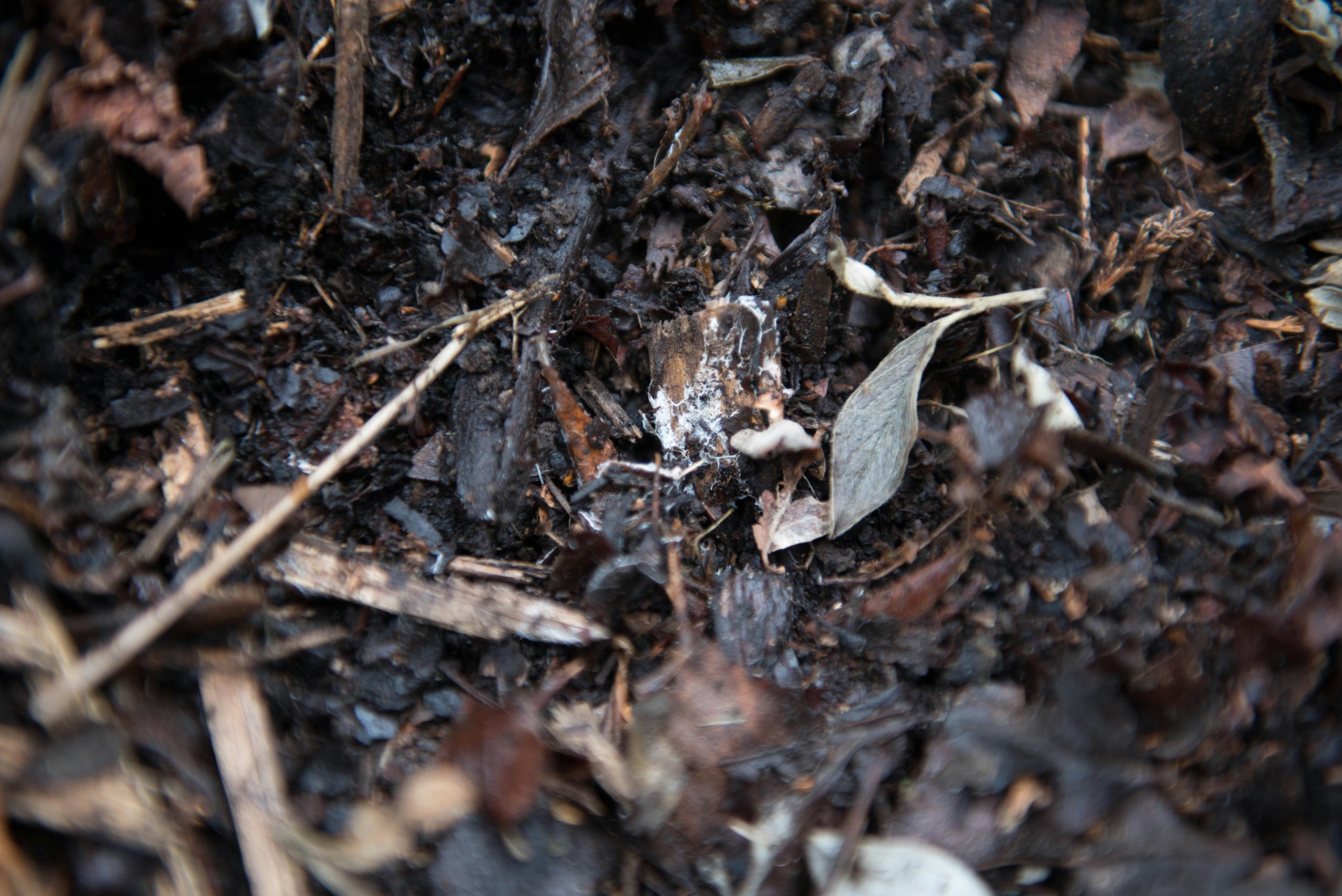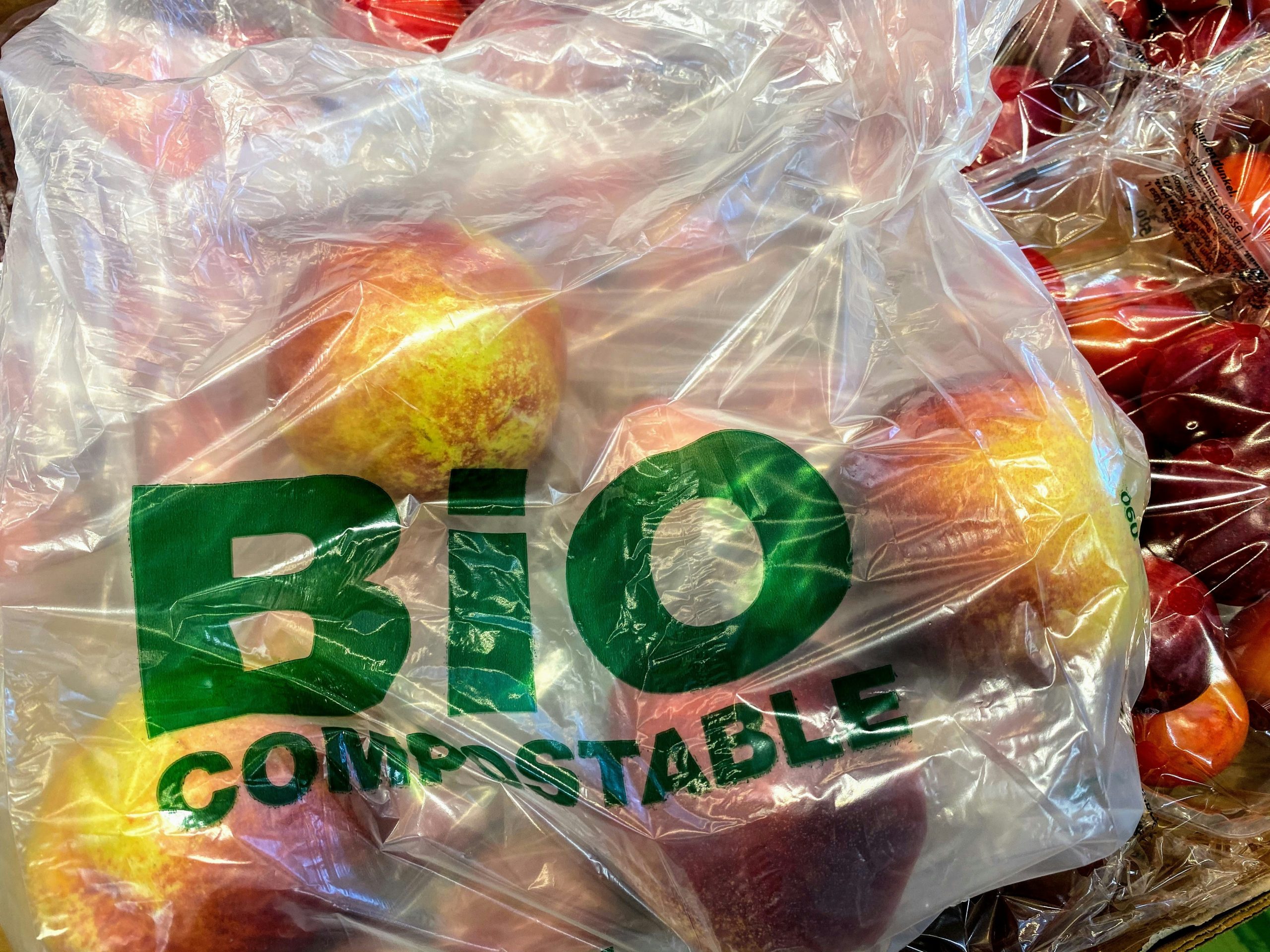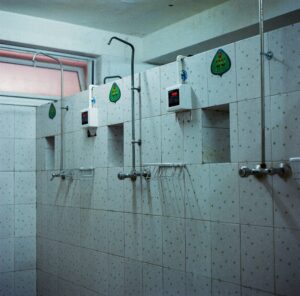Welcome to our guide on tackling the common yet pesky problem of smelly compost. In “Why Does My Compost Smell Bad?”, we delve into the reasons behind the unpleasant odors that sometimes emanate from our backyard compost piles. Together, we’ll explore the main culprits, such as imbalanced ingredients, excess moisture, and poor aeration. By understanding these factors, we can ensure our composting endeavors remain both effective and odor-free, creating nutrient-rich soil for our gardens without the stink. Why does our compost smell bad? This is a common question many of us ask when trying to compost at home. We want to do our part for the environment, but sometimes things don’t go quite as planned. If you’ve ever opened your compost bin only to be greeted by a nauseating odor, you’re not alone! Let’s dive into the world of composting, explore why odors occur, and discover how we can turn our smelly pile into rich, earthy compost.

Understanding Composting Basics
Before we tackle the issue of odors, it’s crucial that we understand the basics of composting. Composting is the natural process of recycling organic matter, such as leaves and food scraps, into humus-rich soil.
What is Compost?
Compost is decomposed organic material that can be used as a soil conditioner or fertilizer. It is made from kitchen scraps, garden waste, and other organic matter that breaks down over time with the help of microorganisms, air, and water.
Why Compost?
Composting has numerous benefits, including reducing landfill waste, enriching soil, and helping us grow healthier plants. By composting, we can turn waste materials into something valuable and beneficial for our gardens and the environment.
Common Causes of Smelly Compost
A smelly compost pile is a sign that something is wrong with the composting process. There are several reasons why our compost might emit unpleasant odors. Let’s explore some of the common causes.
Improper Balance of Ingredients
To create compost that doesn’t smell bad, we need the right balance of “greens” (nitrogen-rich materials) and “browns” (carbon-rich materials). Greens include kitchen scraps like fruit and vegetable peels, while browns include materials like dried leaves and cardboard.
| Greens (Nitrogen-rich) | Browns (Carbon-rich) |
|---|---|
| Fruit scraps | Dried leaves |
| Vegetable scraps | Cardboard |
| Grass clippings | Straw |
| Coffee grounds | Wood chips |
Lack of Aeration
Oxygen is crucial for composting. Without sufficient air, our compost pile can become anaerobic, leading to the production of foul-smelling gases like ammonia and hydrogen sulfide.
Excess Moisture
While moisture is necessary for composting, too much water can cause bad smells. Excess moisture can create an anaerobic environment, similar to the lack of aeration situation, and slow down the decomposition process.
Wrong Types of Materials
Not all organic materials are suitable for composting. Certain materials can lead to bad odors if we include them in our compost pile. These include dairy products, meat, and oily foods.
Fixing a Smelly Compost Pile
Now that we understand the common causes of smelly compost, let’s explore how we can fix and prevent these issues.
Achieving the Right Balance
To avoid bad smells, we need to ensure a proper balance of greens and browns in our compost. A good rule of thumb is to aim for a ratio of three parts browns to one part greens. This balance helps maintain a healthy compost pile.
Aeration
Aeration is critical for preventing anaerobic conditions in our compost pile. We can achieve proper aeration by turning the compost regularly. Turning the pile once a week can help ensure that air flows through the material, preventing bad smells.
Managing Moisture Levels
To maintain the right moisture level, our compost should feel like a wrung-out sponge. If it’s too wet, we can add more browns to absorb the excess moisture. If it’s too dry, we can sprinkle some water to moisten it up.
Avoiding Problematic Materials
We should avoid adding materials that do not compost well or produce odors. Items like meat, dairy, and oily food scraps should be kept out of our compost pile.
Effective Compost Maintenance
Maintaining our compost isn’t rocket science, but it does require some effort and monitoring. Here are some tips to keep our compost pile healthy and odor-free.
Monitoring Temperature
Temperature is an indicator of how well our composting process is going. Active compost piles can reach temperatures of 130 to 160 degrees Fahrenheit. We can use a compost thermometer to monitor the temperature and make adjustments as needed.
Regular Turning
To prevent bad smells and ensure a consistent decomposition process, we need to turn our compost regularly. As mentioned earlier, turning once a week can help keep our compost aerated and healthy.
Adding the Right Materials
Continuously adding the right ratio of greens and browns helps maintain a well-functioning compost pile. Following the 3:1 ratio ensures that we have the right balance of carbon and nitrogen.
Protect from Elements
Exposing our compost pile to heavy rain can lead to excess moisture, causing odors. To prevent this, we can use a tarp or a compost cover to protect the pile from the elements.

Troubleshooting Common Issues
Even with the best practices, we might still encounter some issues. Let’s troubleshoot some common problems we might face with our compost pile.
Odors from Ammonia
If our compost smells like ammonia, it’s a sign that there are too many greens (nitrogen) in our pile. To fix this, we can add more browns (carbon), such as dried leaves or shredded cardboard, to balance it out.
Rotten Egg Smell
A rotten egg smell indicates anaerobic conditions, suggesting that there’s not enough air in the pile. We can solve this by turning the pile more frequently and adding materials that improve aeration, like straw or wood chips.
Mold and Fungi
It’s normal to see some mold and fungi in our compost; they are part of the decomposition process. However, if mold overtakes the pile, it may be a sign that the balance is off or that there’s too much moisture. Balancing greens and browns and managing moisture should help resolve this.
Slow Decomposition
If our compost is decomposing too slowly, it may be due to a lack of nitrogen. Adding more greens, such as fruit and vegetable scraps, can speed up the process.
Composting Tips for Beginners
Starting composting can be overwhelming, but these tips can help us get started on the right foot.
Start Small
If we’re new to composting, it’s best to start small. A small compost bin can help us learn the process without feeling overwhelmed.
Educate Ourselves
Understanding what materials can and can’t be composted is crucial. Familiarize ourselves with compost-friendly and non-compost-friendly materials.
Be Patient
Composting is a gradual process that takes time. We shouldn’t be disheartened if our compost doesn’t turn out perfect immediately. With practice and patience, we will get the hang of it.
Invest in the Right Tools
Having the right composting tools, like a compost thermometer, turning tool, and a good compost bin, can make the process easier and more effective.
Join a Community
Joining a composting community or group can provide us with valuable tips, support, and motivation. We can learn from other people’s experiences and share our own.

Benefits of Proper Composting
By maintaining our compost pile properly, we can enjoy numerous benefits. Here are some benefits of successful composting.
Rich Soil
Compost enriches soil by adding essential nutrients and organic matter. This helps our plants grow healthier and more robust.
Reduced Landfill Waste
Composting helps reduce the amount of waste that ends up in landfills. This reduces methane emissions from waste and contributes to a healthier environment.
Water Retention
Compost improves the soil’s ability to retain water, reducing the need for frequent watering and helping our plants thrive, even in dry conditions.
Sustainable Practice
Composting is a sustainable practice that reduces our environmental footprint. It allows us to recycle organic waste and contributes to a circular economy.
Different Composting Methods
There are various composting methods we can explore, depending on our space, preferences, and needs. Let’s look at some popular options.
Traditional Composting
Traditional composting involves creating a compost pile in our yard. This method requires regular turning and monitoring of materials and moisture levels.
Vermicomposting
Vermicomposting uses worms to break down organic matter. This method is ideal for indoors or small spaces since it produces high-quality compost and requires minimal space.
Bokashi Composting
Bokashi composting is a fermentation process that breaks down organic matter using a special inoculated bran. This method can handle meat and dairy, which are typically not suitable for other composting methods.
Tumbler Composting
Tumbler composters are enclosed bins that can be rotated to mix the materials. This method is convenient, requires less space, and simplifies the turning process.
Choosing the Right Composting Method
The right composting method for us depends on various factors like available space, type of waste, and personal preference.
Space Considerations
If we have a large backyard, traditional composting might be the best option. For those with limited space or living in apartments, vermicomposting or a compost tumbler might be more practical.
Type of Waste
If we frequently generate meat and dairy waste, Bokashi composting might be suitable, as it can handle these materials. Otherwise, traditional or vermicomposting methods might be better.
Convenience
Consider how much effort and time we are willing to invest. Tumbler composting is easier and requires less effort, while traditional composting might be more labor-intensive.
Conclusion
Composting is a fantastic way to reduce waste, enrich our soil, and contribute to a sustainable planet. If our compost smells bad, it’s usually a sign that the balance of greens and browns is off, or that we need to improve aeration or moisture management.
By following the tips and guidelines discussed in this article, we can troubleshoot and prevent common composting issues, ensuring our compost pile remains odor-free and efficient. With patience and practice, composting can become a rewarding and beneficial activity for us and our environment. Let’s get started on our composting journey and turn food scraps and yard waste into black gold for our gardens!
Happy composting!



